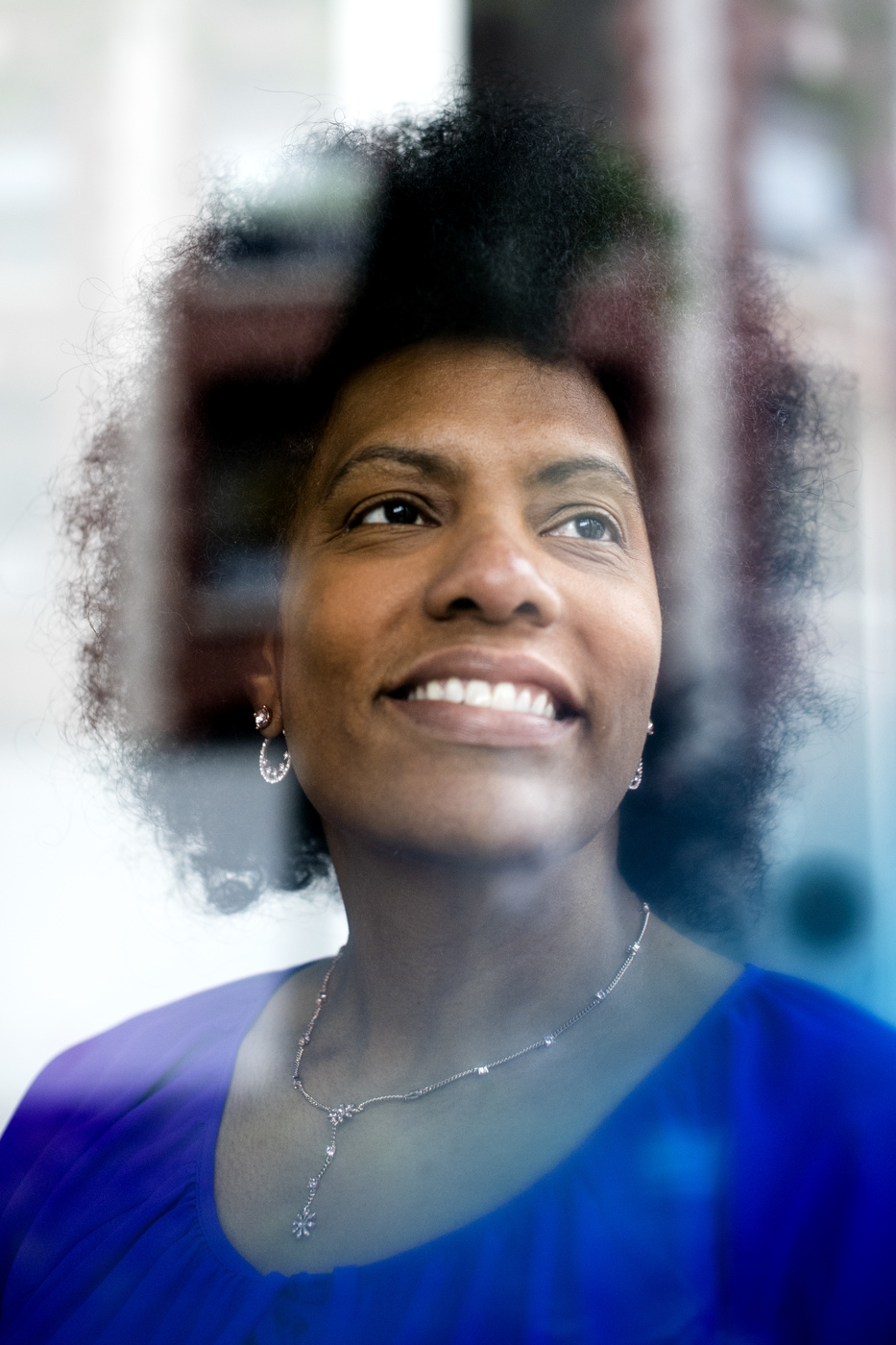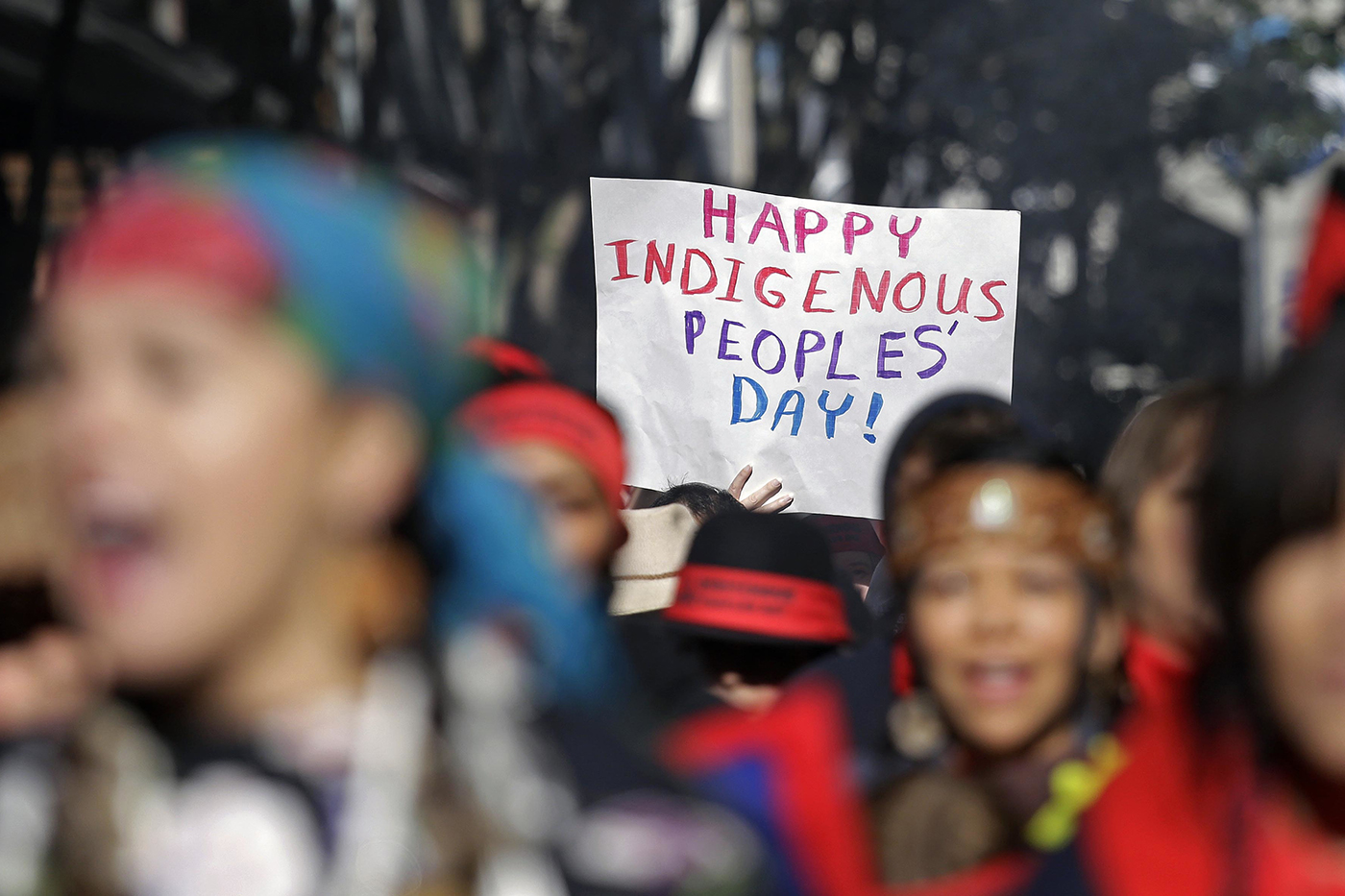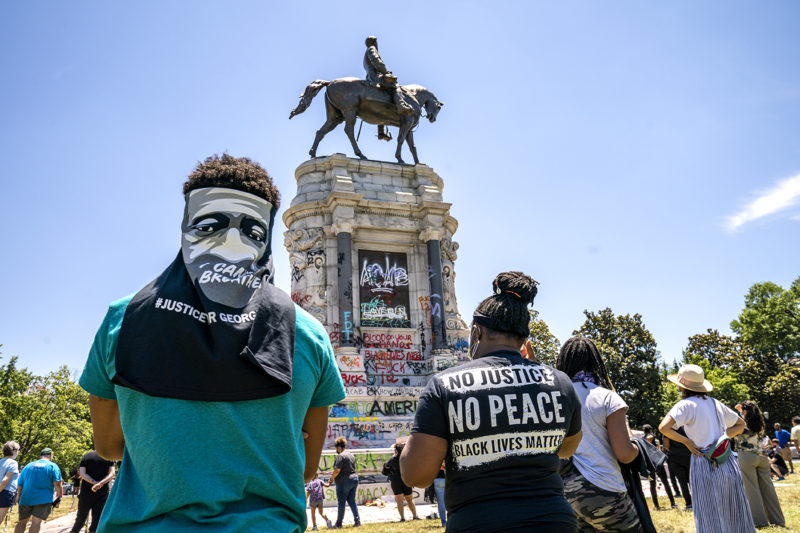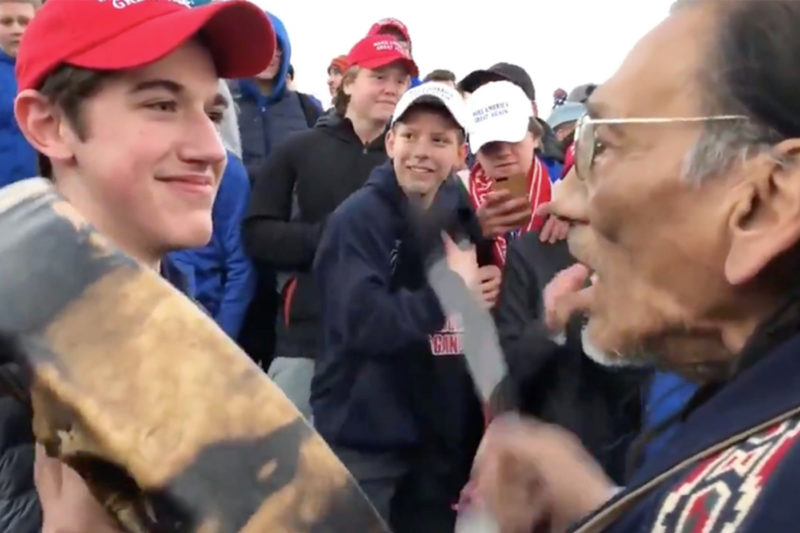A lot more people are celebrating Indigenous Peoples Day instead of Columbus Day. Here’s what that means. - News @ Northeastern
A lot more people are celebrating Indigenous Peoples Day instead of Columbus Day. Here’s what that means. - News @ Northeastern

A LOT MORE PEOPLE ARE CELEBRATING INDIGENOUS PEOPLES DAY INSTEAD OF COLUMBUS DAY. HERE’S WHAT THAT MEANS.
AP Photo/Elaine Thompson
As has been the custom since Columbus Day became a federal holiday, people in the United States today will hold events, virtually or in person, commemorating Italian explorer Christopher Columbus’s voyage to the Americas in 1492.
But as the explorer’s legacy has increasingly been called into question, individuals, communities, and institutions across the country have attempted to reframe the day in honor of the history and heritage of Indigenous Americans.
Northeastern University announced last week that it will no longer observe the second Monday in October as Columbus Day, preferring instead to recognize the holiday as Indigenous Peoples Day.

Northeastern associate professor Patricia Davis. Photo by Ruby Wallau/Northeastern University
David Madigan, provost and senior vice president for academic affairs, and Ellen Cushman, associate dean of academic affairs, diversity and inclusion in Northeastern’s College of Social Sciences and Humanities, will host a virtual panel discussion to mark the new name.
The Northeastern speakers are Mary Jo Ondrechen, professor of chemistry and chemical biology, and Kylie Bemis, a lecturer in the Khoury College of Computer Sciences.
Nicholas Brown, an associate teaching professor in the Urban Landscape Program and the history department at Northeastern, says that the movement to abolish the national holiday ramped up following the protests over the proposed 2016 Dakota Access Pipeline, which carries oil from North Dakota to Illinois.
The project caused a huge public outcry among members of the Standing Rock tribe, whose reservation is less than a mile from the pipeline, and their supporters, who viewed it as a threat to the region’s water, ancient burial grounds, and cultural sites.
Spanning more than two million acres, the Standing Rock Indian Reservation is the fifth largest in the United States.
“I feel like that has brought greater visibility to Indigenous peoples and to movements for justice and decolonization that have been led by Indigenous peoples for a long time,” says Brown, who teaches courses about the histories of Indigenous activism.
For many Italian-Americans, Columbus Day is a celebration of their heritage.
It became a national holiday in 1937, after lobbying by the Knights of Columbus, a Catholic fraternal organization, in response to discrimination against Italian-Americans. Some four million Italian immigrants made their way to the United States in the late 1800s and faced discrimination and negative stereotypes upon their arrival.
In a 1940 proclamation, President Franklin D. Roosevelt described Columbus as a “brave navigator” whose exploration “was the culmination of years of bold speculation, careful preparation, and struggle against opponents who had belittled his great plan and thwarted its execution.”
But since 1992, there has been a growing resistance to the celebration of the historical figure and a reckoning with the darker aspects of his legacy, which includes the establishment of the transatlantic slave trade, and the genocide of Indigenous peoples.
Beyond calling for the abolition of the holiday, some have debated changing the names of streets, parks, cities, and universities named after Columbus.
In Massachusetts, the United American Indians of New England and North American Indian Center of Boston are launching a campaign calling for the recognition of Indigenous Peoples Day and the ban of Native American mascots.
“It’s an Indian education bill that would require some instruction about the real history of Indigenous peoples for kids in the K-12th grade curriculum,” Brown says.
This summer, amid another moment of national reckoning on racial injustice following the George Floyd protests, statues of Columbus were toppled and beheaded in various cities.
In Minneapolis, protesters tore down a Columbus memorial and talked about the ways in which they felt personally harmed and attacked by the monument. In Boston’s North End neighborhood, once heavily populated by Jewish and Italian immigrants, opponents decapitated a Columbus statue. Last week, the city’s mayor said the monument would not return to its usual perch.
Brown commended Boston and other cities for heeding the wishes of the residents of these communities, particularly the local tribe members.
“I think there is a consensus among Indigenous peoples that the statues are problematic and should come down,” he says.
Patricia Davis, an associate professor of communication studies at Northeastern who has examined efforts to remove Confederate monuments, suggests that the debate over the statues reveals marked differences, but also similarities in their symbolism.
Growing up, Davis says, she learned about the meaning of the Confederacy, but she never learned anything negative about Columbus’s legacy.
“The questioning or interrogation of Columbus and his legacy is something that’s only been taking place on a wide scale for the last couple of decades or so,” she says.
Though Columbus died in 1506, his legacy continues to reverberate, affecting the lives of Indigenous peoples today, says Brown. One of those ways is through the discovery doctrine, a U.S. legal doctrine that justifies laying claim to lands belonging to Indigenous peoples.
The doctrine has been used to support decisions invalidating the aboriginal possession of land in favor of colonial or imperial governments, such as in the 2005 Supreme Court case of Sherrill v. Oneida Nation.
“This is something that I think is really important to consider in re-evaluating Columbus and that history—to understand that it isn’t over, that it isn’t just history that we’re talking about when we talk about Columbus,” Brown says.
For media inquiries, please contact media@northeastern.edu.



Comments
Post a Comment